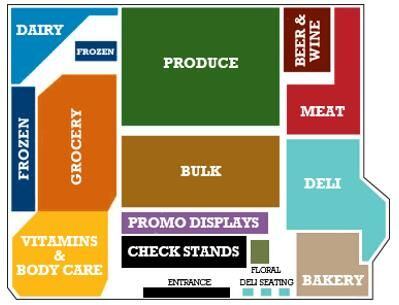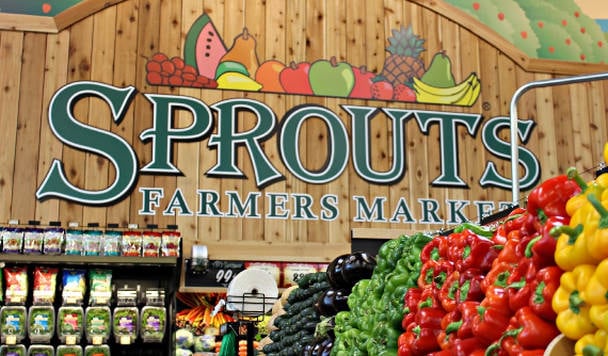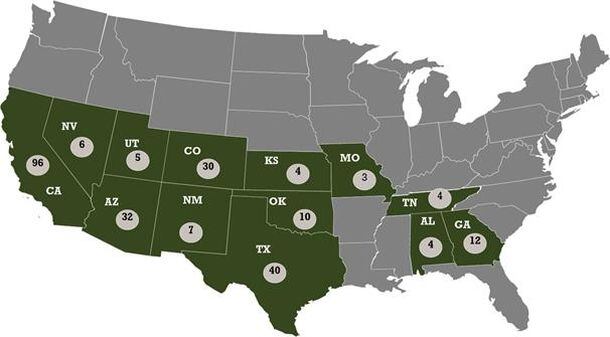In a call with analysts after posting a 6% rise in sales to $986m in the fourth quarter [or a 14% rise compared to the prior year on a 13-week basis] and same store sales growth of 0.7% driven by positive traffic of 0.4%, CEO Amin Maredia said: “On the product innovation front, we expanded our natural and organic product label program to over 10% of our revenue.
“Private label sales and comps continued to outpace our company average in both sales growth and comps. We ended the year with over 2,100 private label items… [In 2017] we will focus on growing our differentiated private label line even further, which has grown revenue by greater than 25% annually over the last four years.”
Expanded deli offer
The priorities for Sprouts - which currently operates 256 stores in 13 states - are expanding the private label program, enhancing the deli offer, and deepening connections with customers via digital engagement, he added.
“We implemented our food and deli expansion in 76 new and existing stores this year, offering the additional convenience of freshly prepared proteins, sides, salad bar, fresh juices and soup stations…
“Sales continue to increase each month and are providing a nice mix lift to the basket. We've recently added an experienced culinary chef to the team to help further drive innovation in this area and ensure product development is our trend and our high quality.”
Amazon Prime Now partnership ‘positive to traffic and profitability’
As for digital engagement, he said: “We continue to increase our engagement with our customers via e-mail, mobile app and social media and our poised to accelerate personalization in 2017... Lastly, we expanded our Amazon Prime Now partnership to nine stores, providing home delivery to our customers in four markets.”
Asked how the partnership was going, he said Sprouts would continue to expand the service to more stores and markets in 2017, but added: “We're not providing specifics on the results, it's positive to traffic and profitability [but] at the same time, it's only nine stores, so it's not going to have a material impact on the overall financial statements today.”

Sprouts stores - which are generally between 28,000-30,000 sqft - use a ‘flipped’ conventional food retail store model, positioning produce at the center of the store, surrounded by groceries. Typically around 15% of the square footage is dedicated to produce, while the stores are designed with open floor plans and low displays, enabling customers to view the entire store.
‘We are capturing significant market share from conventional supermarkets and specialty concepts’
While Sprouts – along with its rivals – has suffered from an extended period of deflation, it had continued to deliver same store sales growth, said the company in its 10-K SEC filing.
“We believe we are capturing significant market share from conventional supermarkets and specialty concepts in this supermarket segment.
“For 39 consecutive quarters, including throughout the economic downturn from 2008 to 2010, stores under our management have achieved positive comparable store sales growth.
“We aim to grow our average ticket by continuing to expand and refine our fresh, natural and organic product offering, our private label program, our targeted and personalized marketing efforts and our in-store and digital education."


39 consecutive quarters of positive comps
Sprouts Farmers Market, which started in Arizona in 2002 and now operates 256 stores (the bulk are in Colorado, Texas, Arizona and California), has a mantra of 'helping customers live a healthy lifestyle at an affordable prices’.
For the full fiscal year 2016 (52 weeks to January 1, 2017), sales rose 12.8% to $4.05bn, while net profits fell 3.7% to $124.3m. Same store sales were up 2.7%.
